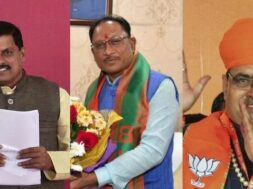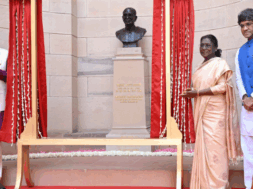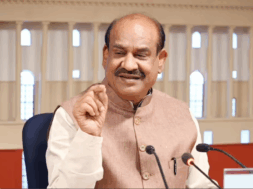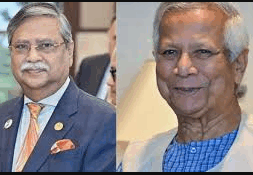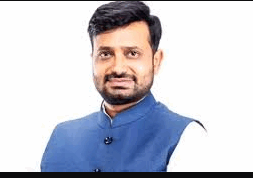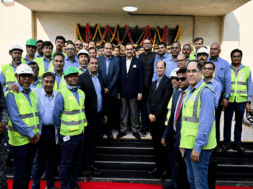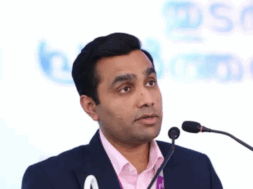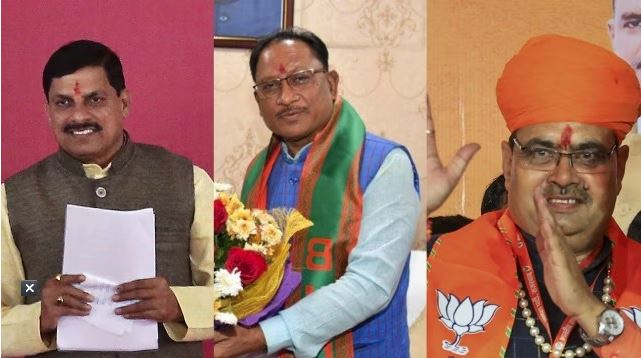
With BJP’s three new faces, a new chapter for social justice in India
(Guru Prakash)
The BJP’s choice of chief ministers in Madhya Pradesh, Rajasthan and Chhattisgarh marks the dawn of a new era in the politics of social justice in the country. The silent and remarkable commitment of the party leadership to not only cultivating leaders from marginalised sections but also consciously placing them in consequential positions of leadership is significant. Mohan Yadav, a leader from the OBC communities, has been named chief minister in Madhya Pradesh, Dalit leader Jagdish Devda is the Deputy CM; in Chhattisgarh, tribal leader Vishnu Deo Sai is the new CM and the OBC leader Arun Sao is Deputy CM; Prem Chand Bairwa, another Dalit leader in Rajasthan, is the Deputy CM.
These appointments are a reflection of the BJP’s organisational commitment to the idea of real, not perceived, social justice.
Beyond the social diversity context, these leaders have much to offer. Factors like smooth generational shift and a focus on qualification and merit should also be considered. The majority of them have spent their life in public service as representatives and carry academic credentials. CM Mohan Yadav has a PhD, for example. In a stern message to the cadre-based organisation, the premium on experience and ideological commitment has been reinforced.
In his book, The New BJP: Modi and the Making of the World’s Largest Political Party, Nalin Mehta makes a compelling observation, “In June 2020, Prime Minister Narendra Modi pointed out in a video address to his party workers that the BJP was represented by 113 OBC, 43 ST and 53 SC MPs in the Lok Sabha. In other words, a full 37.2 per cent of the BJP Lok Sabha MPS were OBC, 14.1 per cent ST and 17.4 per cent SC. This means that a whopping 68.9 per cent (209) of all its 303 Lok Sabha MPs elected in 2019 were non-upper caste and were from castes that were traditionally considered lower down in the caste hierarchy. This is strikingly on par with the widely accepted national share of the population of these castes: 69.2 per cent.” It is established that Rahul Gandhi’s oft-repeated and unoriginal rhetoric on representation based on the share of the population was nothing but hollow demagoguery.
Congress’s hypocrisy on caste and social justice is no longer a matter of surprise. Only recently during the oath-taking ceremony of the Chief Minister of Telangana, Revanth Reddy consciously did not touch the feet of Mallikarjun Kharge, who comes from the Dalit community, right after he touched Sonia Gandhi’s feet. For a community that has faced years of institutional ostracisation, these things matter and must not be ignored. The Dalit imagination asks for respect, recognition and representation. The recent struggle between Mallikarjun Kharge and D K Sivakumar on the release of the caste census report in Karnataka is another brick in the wall of the ambivalence of the Congress party on the caste census. It is imperative to do a historical analysis of Congress in terms of the representation of Dalits. In her book, How Prime Ministers Decide, Neerja Chowdhury observes the reflection of one of the tallest Dalit leaders after Ambedkar, Jagjivan Ram, “A chamar can never be the Prime Minister of this country”. Further, it reads, “For Indira Gandhi, it came as a windfall. ‘Kissi bhi keemat par Jagjivan Ram Pradhan Mantri nahi banana chahiye,’ she would tell her confidantes. ‘Hatenge nahi zindagi bhar.’” It is noteworthy but not pertinent to mention the machinations that were orchestrated against him and his son in the subsequent years.
Congress as an organisation is structurally, characteristically, a feudal party that has never encouraged real inclusive leadership. The Madhya Pradesh elections brought forth a deep faultline — Akhilesh Yadav, a prominent OBC leader, was called names and insulted by the senior leadership of the Congress party.
The recent political appointments will open a new chapter in the life of Indian democracy. There is a renewed sense of hope and aspiration within marginalised sections after decades of mere symbolism. From the first tribal woman at the highest constitutional office to the first elected tribal CM in Chhattisgarh, an extraordinary faith in the Dalit leadership is a sign of times to come. This will challenge the conventional wisdom of caste and communities rallying behind family-based political enterprises which are distinctly unwilling to explore power-sharing beyond one family.
(The writer is national spokesperson, BJP)
